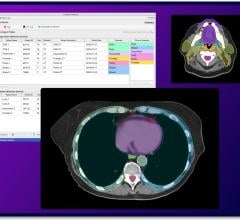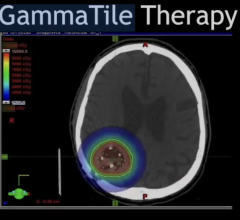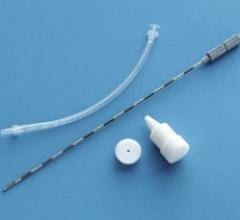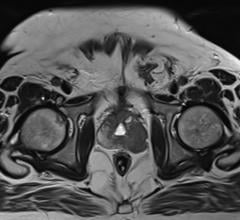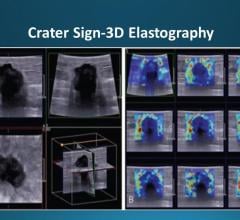December 27, 2007 – A new study examines how outpatient clinics that perform diagnostic procedures using radioactive materials could do a better job of telling patients that they may set off radiation detectors at security checkpoints.
There have been reports in the medical literature and the media of people activating such alarms and being questioned, and in some cases being strip-searched by security officials.
Radiation monitors are increasingly being used for security purposes, while millions of people undergo procedures involving radioactive material every year.
The Nuclear Regulatory Commission suggests that hospitals and clinics tell patients who have been given radiopharmaceuticals that they run the risk of triggering a radiation alarm, and that the facilities give them documentation to provide to law enforcement officials if necessary.
A person who has a bone, thyroid or heart scan with radioactive material, or cancer treatment with radioactive implants, can trigger a radiation alarm for days or even months after the procedure, depending on the type of radiopharmaceutical used.
The information and documentation that these facilities provide to patients vary widely in quality, said Dr. Armin Ansar. of the Radiation Studies Branch of the Centers for Disease Control and Prevention in Atlanta. "Some are extremely well done; some are not," he said.
The study, prepared by Dr. Ansari and his colleague, Dr. Luba Katz of Abt Associates in Cambridge, MA, appears in the Journal of Nuclear Medicine.
Just fewer two-thirds of those surveyed gave patients documentation; about one-third said they would provide it on request.
More than half of the healthcare professionals said they hadn't received training on communicating with patients about radiation risks, and two-thirds of these said they could benefit from such training.
For more information: www.nrc.gov

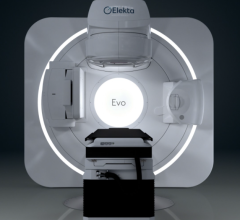
 May 14, 2024
May 14, 2024 


